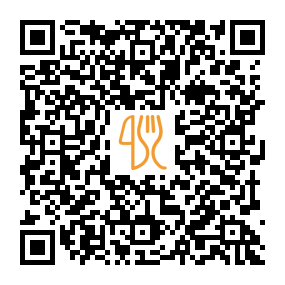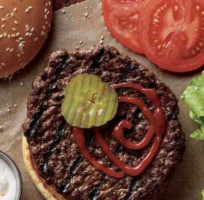Images
ContributeFeedback
Contribute Feedback What Guido Moore likes about Burger King:
I usually place on the way to work in the morning, and I order the same (can not help! , and it's always good, I didn't worry about tasting old fat on my hashbrowns, the meal is always warm! And one morning I didn't get what I ordered (I was guilty not to open the sandwich to check before I pulled out I called and they corrected the problem immediately without problems. Red above all is always beautiful and the manag... View all feedback.
The place was clean, very, very friendly accommodation. Love the round lady working in the morning between 8-10. Your icey mocha coffee is on the spot!
I usually place on the way to work in the morning, and I order the same (can not help! , and it's always good, I didn't worry about tasting old fat on my hashbrowns, the meal is always warm! And one morning I didn't get what I ordered (I was guilty not to open the sandwich to check before I pulled out I called and they corrected the problem immediately without problems. Red above all is always beautiful and the manager ensured that I was helped and he ensured that I got the right food next morning. Errors happen, and it is definitely how we treat them on both sides, which makes a difference!
Burger King (BK) is an American multinational chain of Hamburg's fast food restaurants. Located in Miami-Dade County, Florida, the company was founded in 1953 as Insta-Burger King, a Jacksonville, Florida-based restaurant chain. After Insta-Burger King got into financial difficulties in 1954, the two Miami-based franchises David Edgerton and James McLamore bought the company and renamed Burger King .[4] In the next half century, the company changed hands four times, with its third set of owners, a partnership of TPG Capital, Bain Capital and Goldman Sachs Capital Partners, which it published in 2002. At the end of 2010, 3G Capital of Brazil acquired a majority stake in the company, with a deal of 3.26 billion US dollars. The new owners promptly initiated a restructuring of the company to reverse its assets. 3G, together with the partner Berkshire Hathaway, finally merged the company with the Canadian donut chain Tim Hortons, under the auspices of a new Canadian parent company called Restaurant Brands International. The 1970s were the Golden Age of Company Advertising, but in the early 1980s Burger King began advertising to lose focus. Over the next two decades, a number of less successful advertising campaigns continued through a procession of advertising agencies. In 2003, Burger King commissioned Miami-based advertising agency Crispin Porter Bogusky (CP B), which completely reorganized its advertising with a series of new campaigns that were centered on a newly designed Burger King character called The King, accompanied by a new online presence. While very successful, some of CP B's commercials were derived for perceived sexism or cultural insensitivity. Burger King's new owner, 3G Capital, later ended the relationship with CP B in 2011 and drew his advertisement to McGarryBowen to start a new product-oriented campaign with advanced demographic targets. The Burger King's menu has expanded from a basic offer of Burgers, French Pommes, Sodas and Milkshakes to a larger and more diverse range of products. In 1957, the Whopper became the first big supplement of the menu, and it became Burger King's signature product ever. Conversely, Burger King has introduced many products that could not stick to the market. Some of these failures in the United States have seen success in foreign markets, where Burger King has also tailored his menu for regional flavors. From 2002 to 2010, Burger King was aggressively targeting 18-34 male demography with larger products, often carrying large amounts of unhealthy fats and transfats. This tactics would eventually damage the company's financial support and create a negative result. From 2011, the company started moving away from its former male menu and introducing new menu items, product reforms and packaging as part of its current owners 3G Capital's restructuring plans. [5] From December 31, 2018, Burger King reported that it had 17,796 sockets in 100 countries. [6][7] Almost half of them are in the United States, and 99.7% are privately owned and operated,[7] with its new owners, who move to an almost completely franked model in 2013. Burger King has historically used several variations of the franchising to expand its operation. The way in which the company licenses its franchisees varies according to region, with some regional franchises known as Master Franchises, responsible for the sale of franchise sublicenses on behalf of the company. Burger King's relationship with his franchises was not always harmonious. The ecclesiastical skewers between the two have caused numerous problems, and in several cases the relations between the company and its licensees have degenerated in preferential judicial procedures. Burger King 's Australian franchise Hungry Jack 's is the only franchise to operate under another name due to a brand dispute and a number of legal cases between the two
Full Menu
More information
QR-code link to the menu











